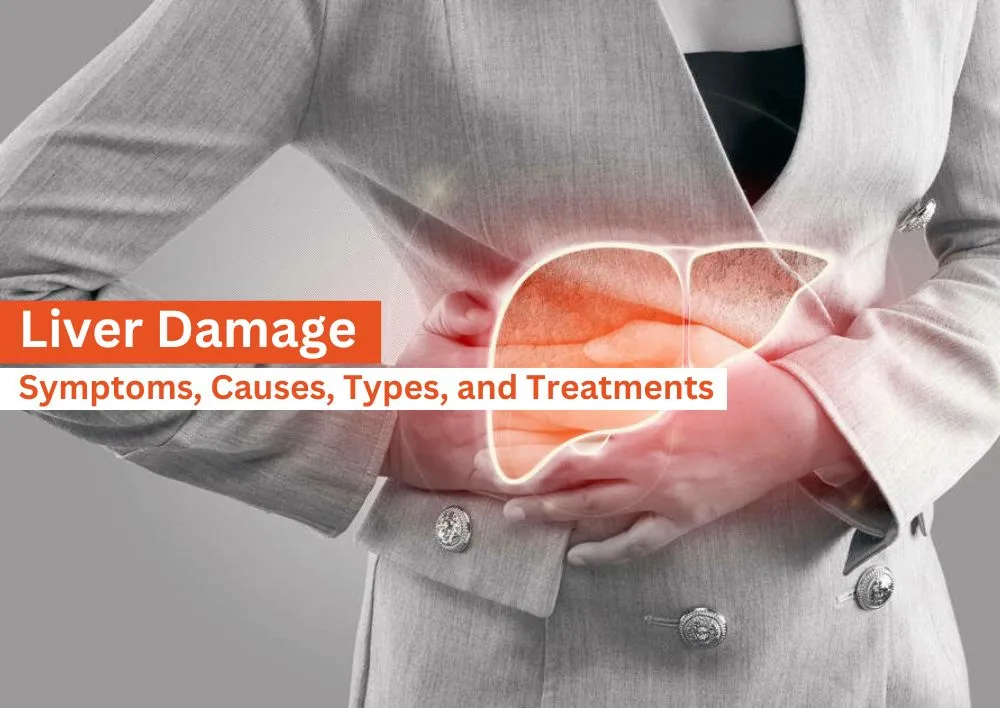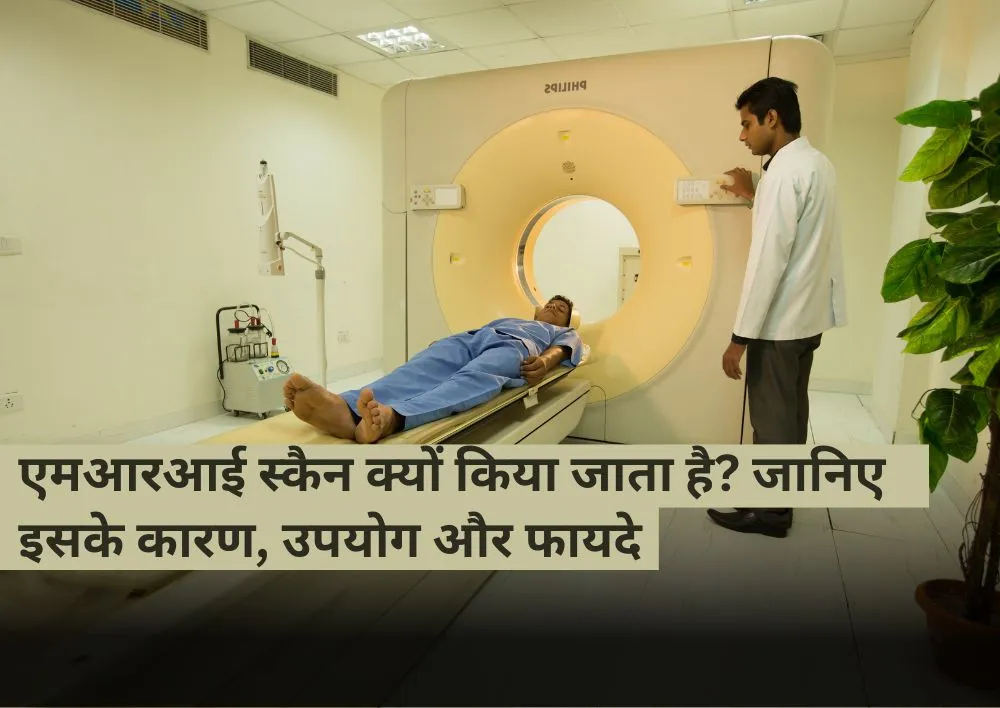Diabetes during Pregnancy? 5 things to know about Gestational Diabetes
GDM, as the name suggests, is diabetes during a gestational period or pregnancy. This disorder simply means that you have high blood sugar level and your body loses the ability to produce insulin- a hormone that controls sugar levels in the blood. Though, GDM may arise during any stage of your pregnancy, yet is more likely to develop in 2nd or 3rd month of pregnancy. Gestational Diabetes usually disappears after childbirth. But, if untreated, sometimes can cause health problems to your baby or may lead to Type-2 diabetes in mother in future.
Are you at risk of developing Gestational Diabetes?
You are more likely to develop GDM if you:
- have a close relative who has diabetes
- were overweight before pregnancy
- have PCOS (polycystic ovary syndrome)
- have had gestational diabetes during previous pregnancies
- have high blood pressure or other medical complications that lead to diabetes
- have previously given birth to a baby of more than 4kgs (or 8 pounds)
Symptoms of Gestational Diabetes
More often, GDM does not reflect noticeable signs or symptoms. However, a few extreme cases of Gestational Diabetes show following signs:
- Excess thirst
- Excess urination
- Fatigue
- Dryness in mouth
Treatment
Treating GDM is essential to prevent future health complications. It is advised to seek your Doctors advice. Your Doctor may ask you for:
- regular blood sugar levels check-up
- regular urine tests to check your insulin
- a healthy diet
- regular exercise
- medication or insulin, if required.
How Gestational Diabetes affect you and your baby?
Most women with gestational diabetes have otherwise normal pregnancies with healthy babies. However, gestational diabetes may cause problems within you and your baby such as:
i) Baby
- Preterm birth and its effects- High blood sugar level in mothers increase the risk of early labor. Preterm babies may suffer from respiratory distress syndrome (difficulty in breathing).
- Excess birth weight- Excess glucose passes the placenta which activates baby’s pancreas to produce more insulin and hence increasing baby’s weight.
- Hypoglycaemia after birth
- Breathing problems in a baby
ii) You
- Preeclampsia- a serious complication in pregnancy that causes high blood pressure and other symptoms that can threaten the lives of mother and baby both
- Type 2 diabetes- Gestational diabetes during pregnancy may cause type 2 diabetes in mothers in a future life if left untreated. This further leads to heart disease, kidney disease, and nerve damage.
Planning future deliveries
For previous pregnancies with GDM, it is advised to get checked for diabetes in future pregnancies. If you are diagnosed with diabetes, then your doctor will ensure your diabetes is under-control before you conceive. Always, take care of a few points in case you had GDM during any of your earlier pregnancies:
- Make sure you inform your Doctor about your GDM
- Regular blood glucose levels check is helpful by simply using a finger-pricking device
- Maintain a healthy lifestyle
Frequently Asked Questions
You are more likely to develop GDM if you:
- have a close relative who has diabetes
- were overweight before pregnancy
- have PCOS (polycystic ovary syndrome)
- have had gestational diabetes during previous pregnancies
- have high blood pressure or other medical complications that lead to diabetes
- have previously given birth to a baby of more than 4kgs (or 8 pounds)
More often, GDM does not reflect noticeable signs or symptoms. However, a few extreme cases of Gestational Diabetes show following signs:
- Excess thirst
- Excess urination
- Fatigue
- Dryness in mouth





_in_Pregnancy.webp)









Was the information useful?
54 12